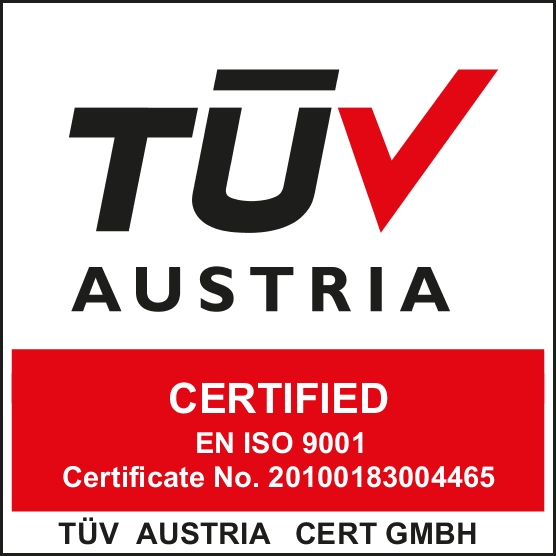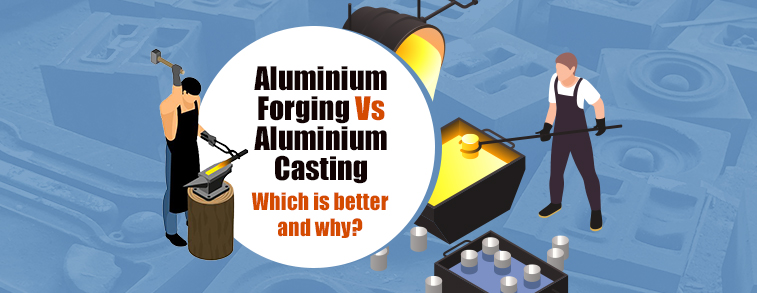- sales@indiaforging.com
- +91-98817-01007 / +91-253-2310221 / 2310275

BLOG
Aluminium Forging Vs Aluminium Casting – Which is better and why?

Aluminium is a versatile metal that finds its use in various industries, from aerospace to automotive. It has become increasingly popular in recent years due to its lightweight and high strength-to-weight ratio. Two common methods of producing aluminium parts are forging and casting. While both methods have their benefits, aluminium forging offers distinct advantages over aluminium casting.
Aluminium forging involves shaping the metal by applying pressure and heat to a heated billet, resulting in a stronger and more uniform part. On the other hand, aluminium casting involves pouring molten aluminium into a mould and letting it cool and solidify. While casting is cheaper and more accessible for simple parts, it can have several drawbacks when compared to forging.
One of the main advantages of aluminium forging over casting is its superior mechanical properties. Forged aluminium parts have a more consistent grain structure, which provides better strength, fatigue resistance, and toughness than cast parts. In contrast, casting can lead to porosity, inclusions, and other defects that can weaken the part's structure. Forged aluminium also has a lower likelihood of cracking under stress, making it ideal for high-performance applications.
Additionally, aluminium forging can produce parts with greater accuracy and precision than casting. The forging process involves a die that shapes the billet into the desired part. This die can be designed to produce complex shapes and tight tolerances that are difficult to achieve with casting. On the other hand, casting moulds can be expensive and limited in their capabilities, making it challenging to achieve the same level of precision as forging.
Another advantage of aluminium forging is its versatility. Forging can produce a wide range of parts, from small bolts to large aircraft components. Forged parts are also available in various shapes, sizes, and alloys, making them suitable for a range of applications. Casting, on the other hand, is limited to simpler shapes and is more suitable for mass production of identical parts.
Lastly, aluminium forging is more environmentally friendly than casting. The forging process generates less waste and consumes less energy than casting, making it a more sustainable option. Additionally, forged parts have a longer lifespan and require less maintenance, reducing their environmental impact over time.
In conclusion, while aluminium casting can be a suitable option for simple parts, aluminium forging offers superior mechanical properties, precision, versatility, and sustainability. Its ability to produce high-quality parts that are stronger, more durable, and more precise than cast parts makes it a popular choice in various industries.
Aress High Duty Forgings is an over 30 year old company specializing in closed die Aluminium Forgings and machined and plated components ranging from a few hundred grams to up to 30 Kgs. Feel free to read more and get in touch with us here – www.indiaforging.com or email at sales@indiaforging.com
Recent Posts
Please send us your queries or requirements on:
sales@indiaforging.com- soumil@indiaforging.com
Email:
- +91-98817-01007
- +91-253-2310221 / 2310275
Phone:
Aress High Duty Forgings Pvt. Ltd.
Address:
- E-27, MIDC, Malegaon, Sinnar, Nashik - 422103
Factory:
Unit No. 3, 1st Floor, Shivneri,
Next to Ramdas Colony Garden,
Canada Corner, Nashik - 422005


